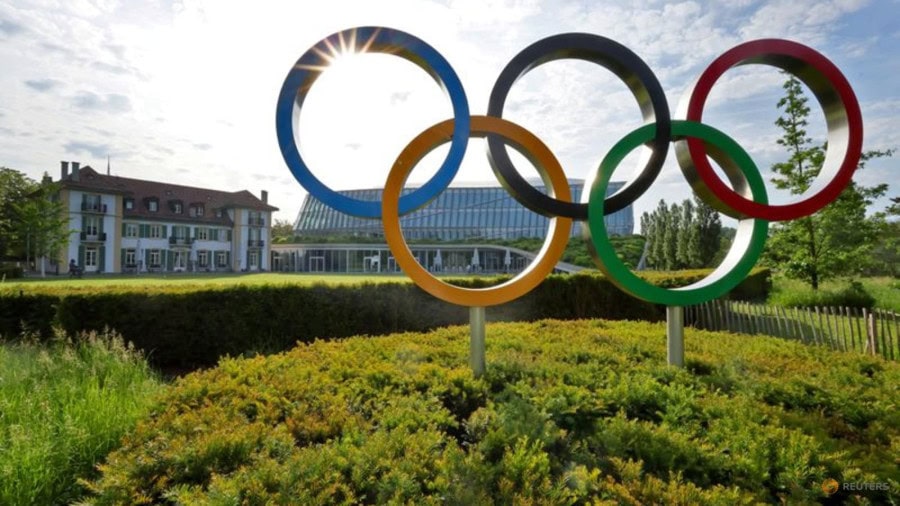International Olympics Committee (IOC) has once again left the transgender laws in the hands of its respective sporting bodies.
Despite facing severe criticism, the IOC has maintained that each sports body can form its own transgender laws and enact them.
The issue was brought under a microscope by FINA, the governing body for swimming, which has decided to ban athletes who have been through any part of male puberty from elite women’s competition.
Following their example, FIFA and International Athletics (IAAF) have started work on their transgender policies as well, with similar bans expected.
Hockey and Rugby have already issued such bans.
“This is a very divisive, a very difficult situation, a very difficult topic where we have to try to balance fairness with inclusivity,” IOC spokesperson Mark Adams told a virtual news conference on Friday.
“But what we are clear about is that each sport should and does know best how to look at not only sport but also at its disciplines, where there is a reasonable advantage.”
The IOC last year revised its guidelines on inclusion with a new framework advising athletes should not be excluded on the grounds of “perceived” unfair advantage, but leaving it up to sports federations to decide the rules.
Adams said finalizing those rules would take some time
“But we cannot come forward with one rule. One short rule that fits all. It has to be by sport and even by discipline,” he said. “So we accept there will be criticism, that’s inevitable I’m afraid. But we will do our best to balance fairness and inclusivity.”
IOC’s decision has faced rebuke from all over the sporting circles including tennis royalty Martina Navratilova.
Navratilova, an alt-rights trailblazer, had slammed the IOC earlier this week for what she said was a lack of leadership on the issue of the inclusion of transgender athletes in sports.
Navratilova had said striking the balance between inclusion and fairness down to individual events was extremely complex and that the IOC had offloaded responsibility for the issue onto sometimes poorly funded federations.
Alt-rights group Athlete Ally has slammed FINA’s new eligibility criteria as “discriminatory” and “harmful”, while transgender cyclist Veronica Ivy described the policy as “unscientific”.










